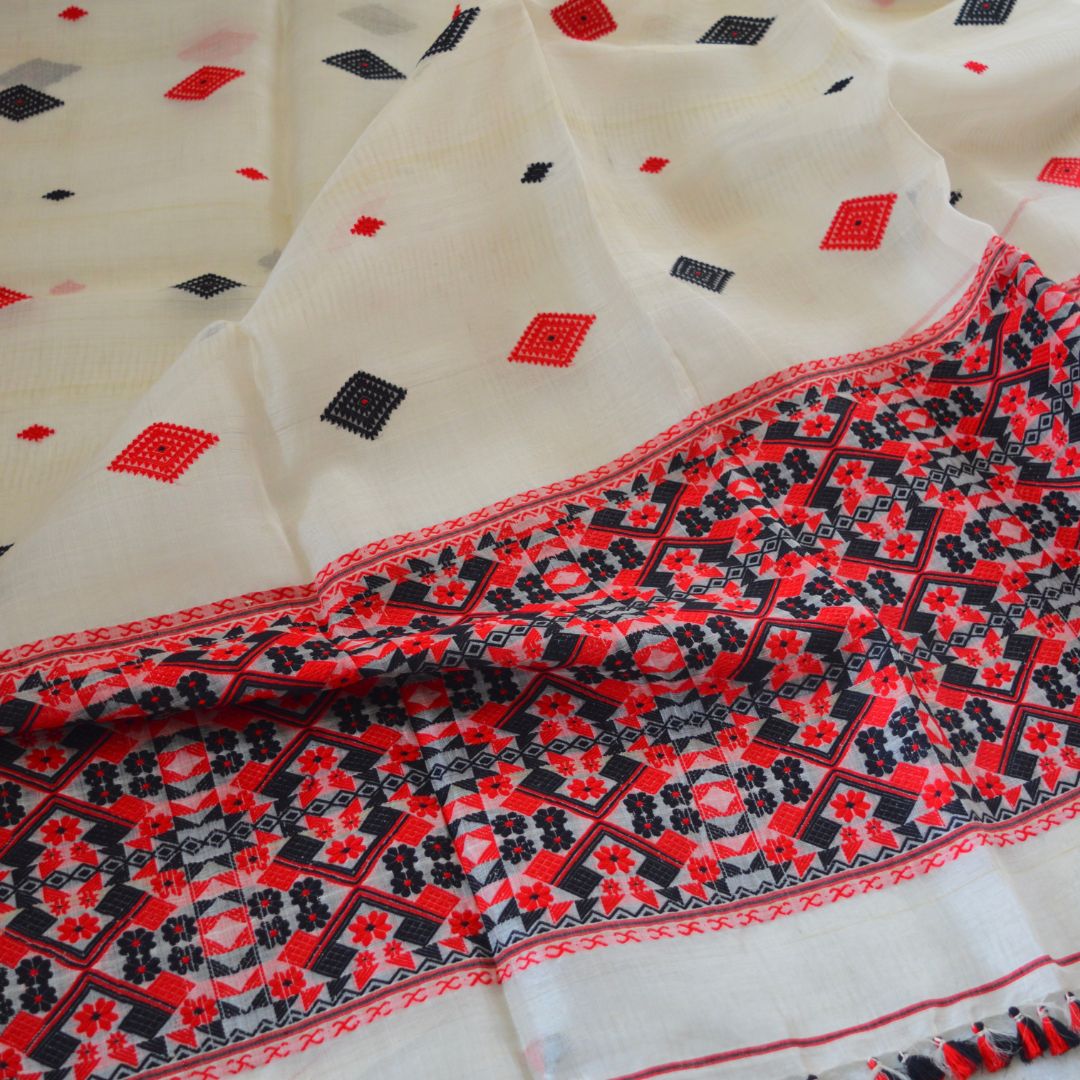
How We Choose Fabrics at Arras
Share
Selecting the right fabric is crucial to creating pieces that are beautiful, functional, and long-lasting. At Arras, our commitment to quality means we carefully evaluate every material we use. Here's a closer look at how we choose fabrics:
Fabric Composition
At Arras, we prioritise natural fabrics for their sustainability, comfort, and timeless appeal. Natural fibres like silk, cotton, and linen are biodegradable and free from harmful micro-plastics, reducing environmental harm. They age gracefully, allowing for long-lasting use when cared for properly, aligning with our values of quality and durability.
Polyester production generates nearly 3 times the CO₂ emissions compared to cotton per kilogram. Choosing natural fibres for everyday wear (other than performance wear clothing) reduces reliance on petroleum-based synthetics.
Moreover, natural fabrics are more breathable and skin-friendly compared to synthetics, ensuring maximum comfort for wearers. By working with ethically sourced materials, we also support traditional crafts and weavers, preserving heritage and fostering sustainable livelihoods.
Durability
Our fabrics are selected for their ability to withstand regular use and maintain their integrity. Whether it’s an everyday tablecloth or a festive saree, we ensure the material endures wear, frequent washing, and accidental spills without losing its charm.
Durability directly supports sustainability by reducing waste. Durable natural fabrics can last 2-3 times longer, reducing consumption and textile waste. A durable fabric can withstand more wear and tear, meaning fewer replacements are needed. For example, a high-quality cotton tablecloth can last for 50-100 uses with proper care, whereas cheaper alternatives might wear out after 10-20 uses.
Post-use, durable fabrics are more likely to be reused, up-cycled, or donated instead of discarded. Globally, 92 million tonnes of textile waste end up in landfills annually. Durable products slow this cycle, promoting conscious consumption and reducing environmental impact.
Stain Resistance
While silk and other natural fabrics may stain easily, they are often simpler to clean if addressed immediately. Natural fibres like cotton, silk, or linen are more absorbent, allowing stains to lift with prompt action. Polyester, on the other hand, tends to trap oils and stains due to its synthetic nature, requiring harsher chemicals for removal. When fabrics repel spills or stains, they remain aesthetically pleasing for longer, reducing the need for replacements.
Drape
The way a fabric falls or drapes plays a big role in its appeal. From the flowing elegance of mekhela sador to structured cushion covers, we select materials with textures that complement the product’s design and intended use.
Ease of Care
Modern lifestyles demand easy-to-care-for fabrics. While some items, like handwoven silk, require special attention once in a while, we also offer durable cottons that are simple to wash and maintain, providing flexibility for every wardrobe or home.
By prioritising these qualities, Arras ensures our pieces are timeless, versatile, and practical. Whether it’s handcrafted sarees or functional home linens, our fabrics always reflect our passion for sustainable, high-quality craftsmanship.
